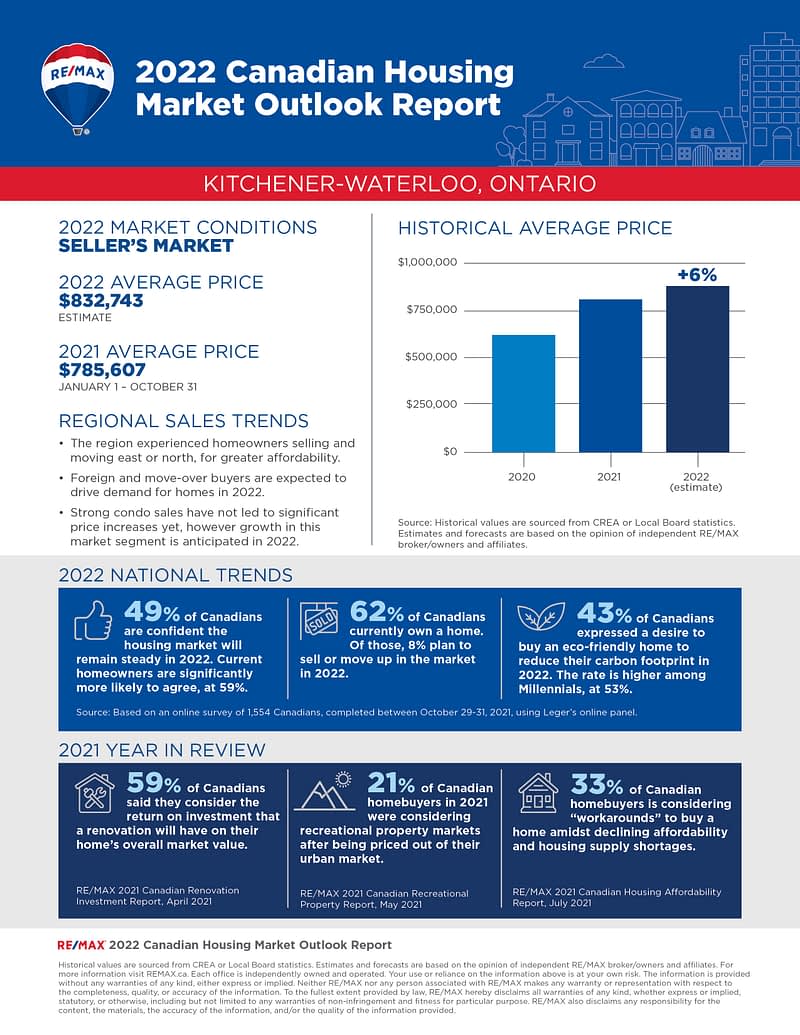Is the Canadian real estate market a mountain to climb? For a lot of young professionals who are first-time homebuyers, getting into the housing market can be a challenge, whether it’s saving up enough money for a down payment, finding the right home or securing a mortgage in order to buy it.
From tighter mortgage lending standards to higher interest rates, there is a lot to learn for the current crop of first-time homebuyers, and we’re here to help with this simplified guide to securing a mortgage for the first time.
The First-Time Homebuyer’s Guide to Securing a Mortgage
If you’re a first-time homebuyer, where do you even begin when applying for a mortgage? Let’s start with the basics.
Ensure You Have A Sufficient Down Payment
One of the biggest hurdles to buying a home is saving a sizable down payment. Since home valuations have surged considerably in recent years, it has become harder to gather enough upfront cash, especially in pricey markets such as Toronto, Vancouver or Montreal.
That being said, this is a critical part of the home-buying process. Unsure of the dollars and cents? Here is what you need to know ,based on your home-buying budget:
- Less than $500,000: A five-per-cent of the purchase price in the minimum down payment
- $500,000 to $999,999: Five per cent of the first $500,000 and 10 per cent of the purchase price above $500,000
- Over $1 million: 20 per cent of the total purchase price
Moreover, if your down payment is less than 20 per cent, you will be required to purchase mortgage loan insurance, which can be paid up-front or added to your monthly mortgage payment.
What’s In Your Credit Report?
Have you checked your credit report lately? If not, perhaps it is time to take a look, even if you are not in the market to buy a residential property quite yet.
Take some time to check your credit score and if needed, improve it. Your credit score ranks your financial health on a scale between 300 and 900, and indicates the level of risk you pose to the lender. The higher your score, the lower the risk and the higher the chance you’ll secure a better mortagage rate or terms.
Unfortunately, your credit score could become a victim of identity theft or fraudulent behavior among unscrupulous individuals. For example, somebody might take out a loan in your name. Or as another instance, your first and last name could be used for a new credit card.
Whatever the case, your credit rating could take a hit if you are not being vigilant and proactive.
Budget What You Can Afford
In today’s sizzling real estate market, many prospective homebuyers may feel defeated by rising valuations, tempted to abandon their budgets and purchase whatever is available, even if it is beyond what they can afford. But is this fiscally responsible? Could you afford an emergency, if something came up?
Prioritize your finances, be it for your retirement or your child’s post-secondary education. Budgets are a necessary tool to accomplish long-term prosperity.
Work with a professional real estate agent who can point you to housing types and locations that are aligned to your budget. And if you still can’t afford it, you may choose to wait until you’re in a better financial position.
Speak with a Financial Advisor First
Before you go house hunting and apply for a mortgage, it would be prudent to book an appointment with a financial advisor or speak with a mortgage broker. By doing so, you can receive professional advice from someone who can help you determine if you’re eligible for a mortgage. This will save you the stress and headache of a barrage of mortgage applications.
Eliminate Outstanding Debt
It is estimated that the total household debt of Canadians is in excess of $2.5 trillion, with mortgage debt representing more than 68 per cent of this total figure.
In the face of high – and rising – home prices, first-time homebuyers’ mortgage debt could be considerable. As a result, it is crucial to first minimize or eliminate outstanding non-mortgage debt, from credit cards to car and student loans.
By decreasing your debts, you can then concentrate on either saving a bigger down payment or contributing more to your monthly mortgage costs.
Shop Around
Big banks and online financial institutions offer some of the lowest interest rates in decades, allowing many people to enjoy lower monthly payments. At the same time, there are other benefits, terms and conditions that some might not offer.
Therefore, it is imperative to shop around, do some research. It is comparable to grocery shopping or buying a new washer and dryer – a smart shopper will compare prices before committing to a purchase. This applied to your mortgage contract, too.
Get Pre-Approved
Finally, it is vital to get pre-approved for a mortgage before you start shopping for a home.
This will give you confidence of having a mortgage ready to go once you begin browsing for a detached, semi-detached, townhouse, condominium, or whatever housing type you’re looking for. You’ll have a good idea of how much you can spend, what is out of your price range, and what will be suitable for your household budget.
Always Work with a Trusted Real Estate Agent
The importance of partnering with a real estate agent has never been more evident. Real estate agents are there to guide you through the home-buying and -selling process, from adhering to public health guidelines to finding residential properties right for your and your family, giving you an advantage in this highly competitive market.
The post The First-Time Homebuyer’s Guide to Securing a Mortgage appeared first on RE/MAX Canada.

